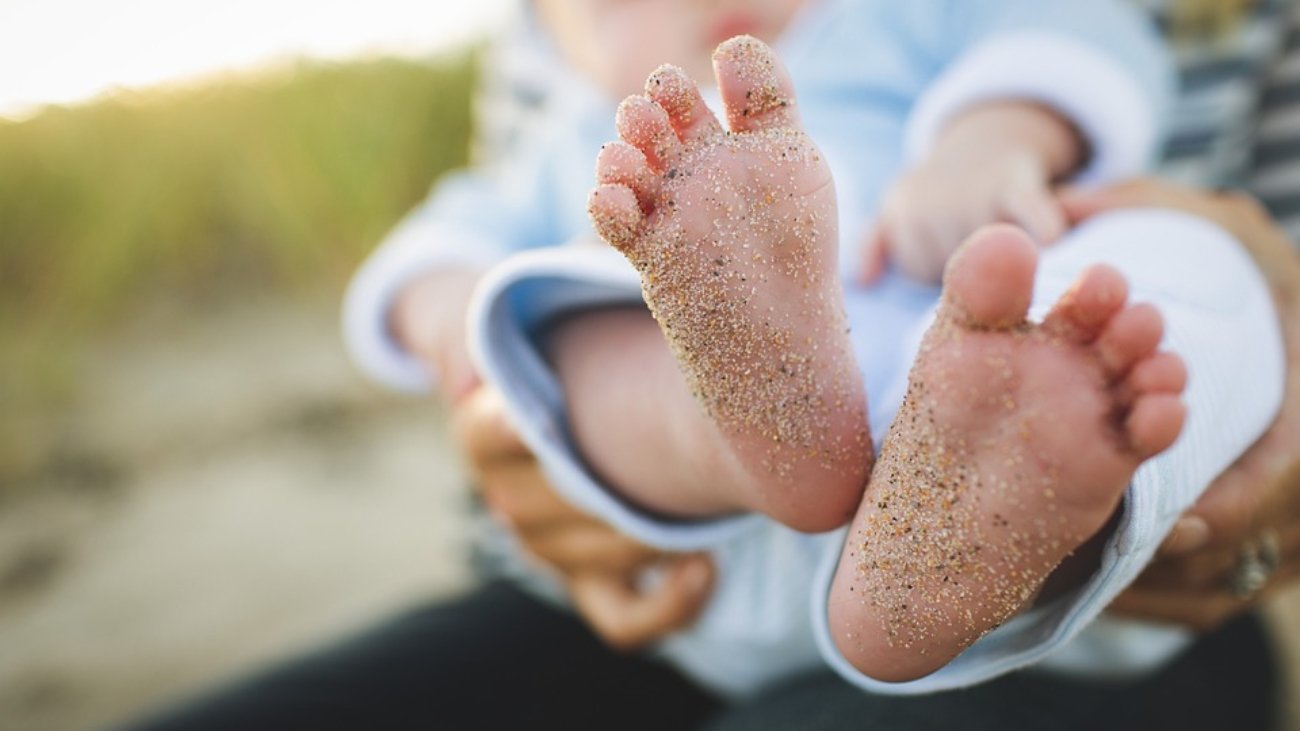Becoming a parent is one of life’s most exhilarating, daunting, and transformative experiences. The joy of welcoming a new life into the world can be overshadowed by the challenges that come with caring for a tiny human. As daunting as the journey can seem, the good news is that you don’t have to navigate it alone. Insights from experts can ease your path. Let’s explore 10 expert-approved baby care tips that will ensure your parenting journey is as stress-free and joyful as possible.
1. Establish a Routine Early
One of the most powerful tools in baby care is establishing a routine. Babies thrive on predictable patterns, which can not only enhance their sense of security but also help parents manage their day-to-day tasks more effectively.
Actionable Tip:
Start with simple routines that incorporate feeding, nap times, and bath times. For example, creating a calming bedtime ritual can signal to your baby that it’s time to wind down. Activities such as dimming the lights, singing a lullaby, or reading a story can build a sense of security, making bedtime easier for both you and your baby.
2. Prioritize Skin Care
A baby’s skin is delicate and susceptible to irritation, so caring for it properly should be a top priority.
Actionable Tip:
Invest in high-quality, hypoallergenic products specifically designed for infants. When bathing, use lukewarm water and limit bath time to avoid drying out the skin. Always apply a gentle moisturizer after bathing and keep a close eye out for any signs of irritations, rashes, or allergies.
3. Embrace the Power of Bonding
The early days with your newborn are crucial for establishing a strong emotional bond, which can have lasting impacts on their future development.
Actionable Tip:
Engage in skin-to-skin contact, also known as kangaroo care. This practice benefits both mother and baby, promoting better temperature regulation, enhanced milk production for breastfeeding mothers, and a sense of safety for the infant. Spend time holding your baby close, talking softly, or simply gazing into their eyes to cultivate connection.
4. Stay Informed about Sleep Safety
Understanding sleep safety is essential in providing an environment conducive to your baby’s well-being.
Actionable Tip:
Always place your baby on their back to sleep and use a firm crib mattress without loose bedding or toys. Consider using a sleep sack instead of blankets to keep your baby warm, while minimizing risks. Staying updated on the latest sleep recommendations can significantly reduce anxiety at bedtime.
5. Keep a Watchful Eye on Developmental Milestones
Tracking your baby’s development can be both exciting and a source of worry. Understanding what to expect helps parents stay informed and proactive.
Actionable Tip:
Keep a journal or use a dedicated app to note your baby’s milestones, be it their first smile, first crawl, or even their early babbles. Regularly reviewing these markers can not only reassure you that your baby is on track but also offer treasured memories for the future. If you notice any significant delays, don’t hesitate to consult your pediatrician.
6. Develop a Support Network
Parenting can feel isolating, but forming a community can significantly alleviate stress.
Actionable Tip:
Connect with other parents in your community or online. Sharing experiences, advice, and support can create a strong network to lean on during tough times. Consider joining local baby groups or online forums, where you can celebrate milestones and navigate parenting challenges together.
7. Take Time for Self-Care
As a new parent, focusing solely on your baby’s needs can easily lead to surprising neglect of your own well-being. However, self-care is not just a luxury; it’s essential.
Actionable Tip:
Set aside time, even if it’s just a few minutes each day, to do something that energizes or relaxes you—be it reading a book, taking a walk, or practicing mindfulness. A refreshed and happy parent provides a stable environment for their baby.
8. Opt for Quality Over Quantity in Baby Gear
With libraries of baby products saturating the market, it’s easy to feel overwhelmed. However, you don’t need every item available; focusing on essentials can lead to a more manageable early-parenting experience.
Actionable Tip:
Create a checklist of must-have items, such as a safe crib, a reliable car seat, and a comfortable baby carrier. Invest in quality gear that can grow with your baby rather than splurging on every novelty item. Less clutter leads to less stress.
9. Practice Responsive Feeding
Listening to your baby’s hunger cues is vital for nurturing a healthy feeding relationship and alleviating stress around meal times.
Actionable Tip:
Learn to recognize the different signs of hunger, such as crying, smacking lips, or rooting. Offering a feed when you identify these cues, rather than adhering strictly to a schedule, will foster a positive eating environment. This responsive approach supports healthy growth and alleviates the anxiety of making a feeding mistake.
10. Keep Learning and Adapting
The journey of parenting is not static; it’s a dynamic process filled with continuous learning and adapting.
Actionable Tip:
Stay open-minded and be willing to adjust your methods as your baby grows. Read parenting books, attend workshops, and maintain a dialog with healthcare professionals when necessary. Every baby is unique, and adapting your strategies to fit their specific needs can lead to a happier and healthier experience for both of you.
Conclusion
Navigating the world of baby care doesn’t have to be riddled with stress and uncertainty. By incorporating these 10 expert-approved baby care tips into your daily routine, you can create an environment that fosters development, safety, and well-being. Establishing routines, engaging in bonding, prioritizing skin care, and creating supportive networks are just some of the proven strategies that will enrich your parenting journey. Remember, taking care of yourself in the process is just as important as nurturing your baby. With intention and care, your parenting experience can turn into a fulfilling and memorable journey.

